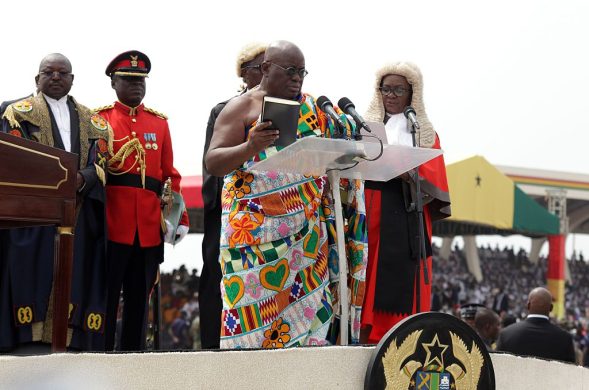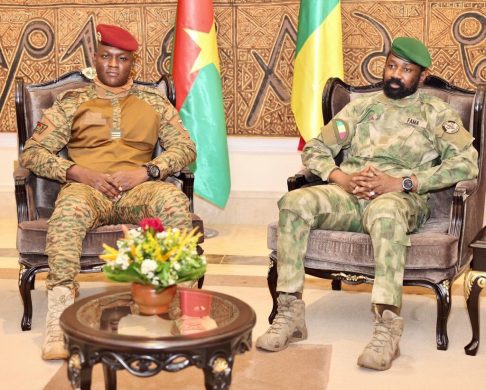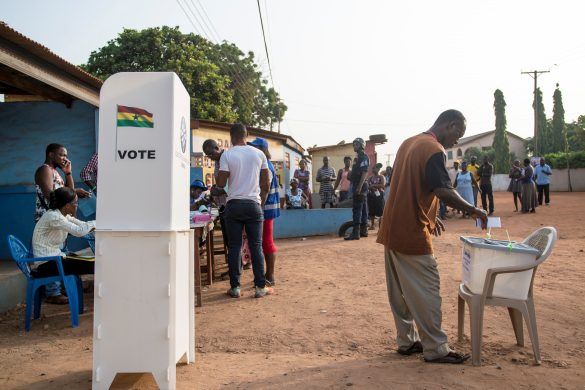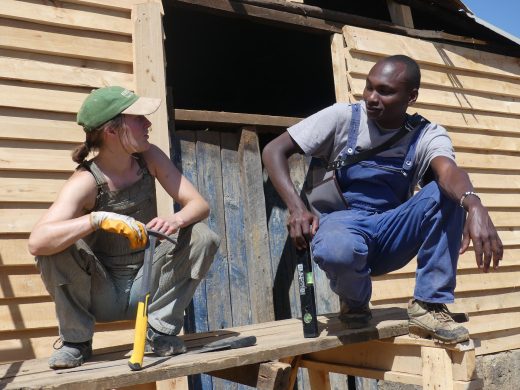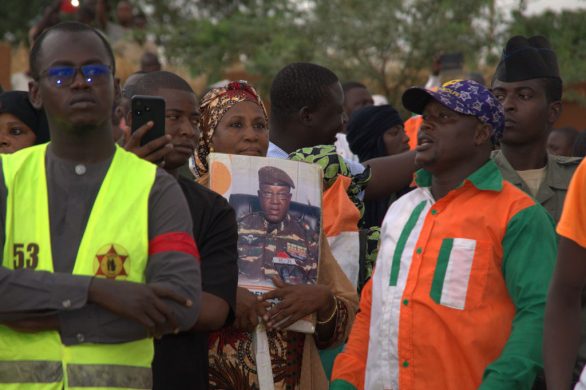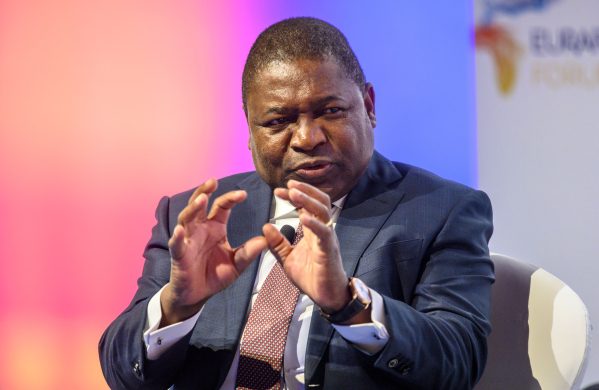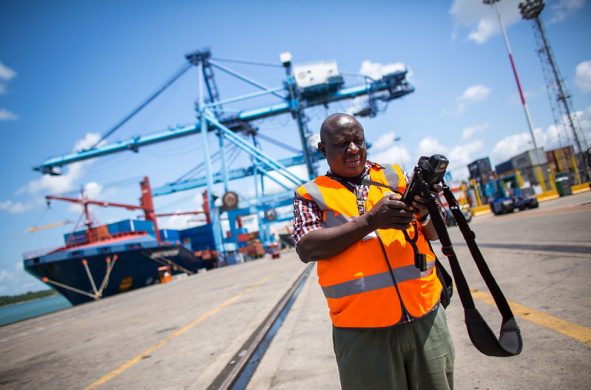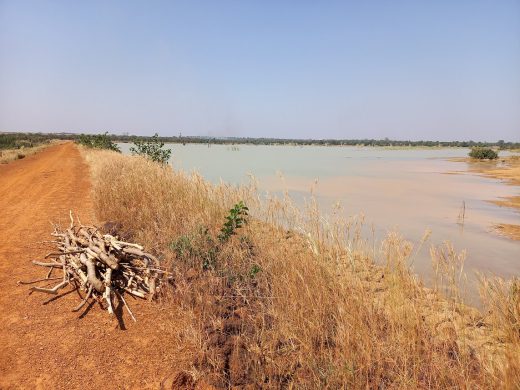The World Bank Board Thursday approved an International Development Association (IDA – See below) grant of 60 million US dollar in support of a regional program which aims at scaling up access to HIV/AIDS treatment in three African countries: Burkina Faso, Ghana, and Mozambique.
The World Health Organization (WHO) and the United Nations Economic Commission for Africa (UNECA) will provide technical and project coordination support to facilitate an inter-country learning process.
The Regional HIV/AIDS Treatment Acceleration Project (TAP), as it is known, is the first World Bank-funded project to focus primarily on HIV/AIDS treatment in Africa. Much of the funds already committed under IDAs Multi-Country HIV/AIDS Program (MAP) for Africa have been spent on prevention, palliative care and awareness creation.
– The project will test the feasibility of scaling up ongoing HIV/AIDS treatment initiatives using a combination of public/private/NGO partnerships to serve the most vulnerable groups while each country strengthens its health system, said Michael Azefor, a member of the World Banks Task Team Leader (TTL) for the project.
– TAP will assist the pilot countries to use both their resources and international funding more effectively to stem the scourge of HIV/AIDS, prolong the lives of people living with the pandemic, improve economic productivity and help mitigate the growing problem of orphans and vulnerable children, said Elizabeth Lule, Co-Task Team Leader for the project.
TAP is born of a widespread concern that in spite of the fact that antiretroviral drugs (ARVs) have been shown to reduce mortality by as much as 80 percent, most AIDS-affected countries in Africa are yet to capitalize on these scientific advances. This is the case, notwithstanding recent growth in HIV/AIDS funding and a more than 98 percent fall in drug prices since 1996.
TAP encourages greater attention to treatment, fills a gap not yet addressed under the MAP project and complements the World Health Organization-led 3×5 Initiative, whose objective is to provide drugs to 3 million people living with HIV/AIDS in developing countries by the end of 2005.
TAP has two components.
The first Component of the project (38,82 million dollar) will finance direct costs of scaling up ongoing care and treatment programs with Burkina Faso, Ghana, and Mozambique receiving 13,48 million, 9,86 million, and 15,48 million respectively
The second component (16,51 million dollar) will strengthen institutional capacities for HIV/AIDS care and treatment allocated as follows: Burkina Faso, 4,63 million, Ghana 5,72 million, and Mozambique 6,16 million.
These funds will help countries refine and adapt national treatment policy using WHO recommended standards, strengthen health facility response capacity, train required staff and strengthen the drugs supply chain as well as institute effective monitoring and evaluation systems and promote information exchange on lessons learnt.
Ten percent of the IDA grant (6 million dollar) will be administered in part by the WHO (4 million) for technical support to the TAP countries and for regional learning facilitation.
This will include assistance to countries in refining and treatment guidelines and protocols, in developing curricula and pedagogical methods for training health and related staff, in establishing systems for managing patient compliance, and strengthening monitoring and evaluation.
Regional learning consultations and progress reviews and related operational research work will be supported by a small TAP unit within the Regional Commission on HIV/AIDS and Governance in Africa at the UNECA, which will administer the other part of the grant.
TAP will be patient-centered, meet the treatment needs of HIV/AIDS infected persons (PLWHA) and their families within a continuum of five comprehensive elements, including community care and support, prevention of mother to child transmission plus, opportunistic infections, antiretroviral therapy, and antiretroviral treatment.
The TAP will strengthen institutional capacity of national treatment committees of public referral treatment centers; monitoring treatment quality and disseminating results achieved; and facilitating inter-country learning activities.
Grassroots organizations, private companies like Private Enterprise Foundation/Pharma Access International in Ghana, faith-based groups like the Communita di St. Egidio in Mozambique and a network of associations of people living with HIV/AIDS (PLWHA) in Burkina Faso will be directly involved in the implementation of the project, building on progress already achieved on a smaller scale in partnership with ministries of health.
The World Bank is the largest long-term investor combating HIV/AIDS in developing countries. It has invested 2 billion US dollar in this endeavor since 1986. The World Banks Multi-Country HIV/AIDS Program (MAP) launched in September 2000 has set aside 1 billion dollar to fund projects, including many ongoing projects in over 25 sub-Saharan African countries.
Over 20 million African lives have been lost to HIV/AIDS related causes and the pandemic is now the leading contributor to death in Sub-Saharan Africa, currently the hardest hit region of the world (over 50 million people infected of whom only about 100.000 have access to treatment).
The pandemic has aggravated the orphan and vulnerable children problem in the region (over 12 million have been orphaned by HIV/AIDS related mortality) and about 3 million new HIV infections occur each year.
Of the 26 million Africans living with HIV close to 4 million have advanced to the stage where ARVs are necessary to forestall (or reverse) the onset of full-blown AIDS. The pandemic in Africa is now widely recognized as constituting the paramount threat to development in the region.
Note: IDA is the World Bank agency that provides financial support to the worlds poorest countries with an annual income of below 875 dollar per person.
For more information on the World Banks work in Africa visit: www.worldbank.org/afr
For more information on the World Banks work in Burkina Faso visit: www.worldbank.org/bf. For more information on the World Banks work in Ghana visit: www.worldbank.org/gh. For more information on the World Banks work in Mozambique visit: www.worldbank.org/mz
Kilde: www.worldbank.org




